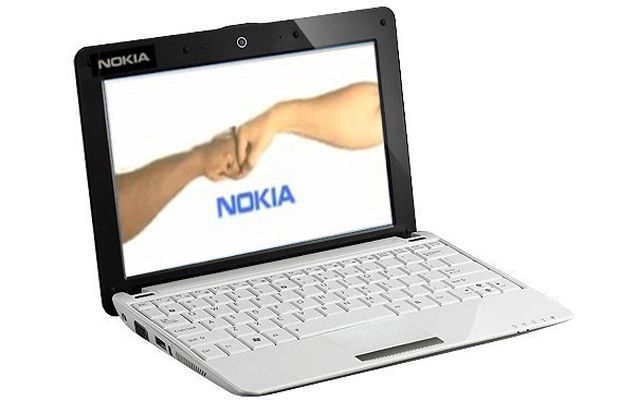The pizzas in the department no longer arrive. Those who work in intensive care, from heroes have gone back to being simply doctors and nurses. The enthusiasm that had inflamed people in March died down over time. «It means that the city is starting to feel the weight of Covid less. We are no longer heroes but we work with the same spirit as ever. Basically we are used to not being considered such. It’s like going back to normal ». Giuseppe Natalini, head of the Intensive Care of Poliambulanza, has just finished the first round of visits of a day that promises to be long, as has been happening for the last few weeks. “We have 22 Covid patients hospitalized, there are many being evaluated in the wards, waiting to occupy the other two Covid beds currently free, and we must also take care of the ten places reserved for non-Covid patients”, he says. About half of the infected patients, in intensive care as in the ordinary hospitalization of Poliambulanza, come from outside Brescia, in particular from the areas of the Milanese most affected in the second wave. “Compared to what we experienced last spring, today the direct pressure on the hospital is less heavy, thanks to the containment measures and the absence of queues in the emergency room, which helped us – he explains -. But in the ward we see more or less the same things: the Covid disease, when it breaks out, is as serious as in March, we follow very serious forms of respiratory failure, and not only the elderly are affected, but also people under 50 years of age. “. Among the soft noises of the protected area of Intensive Care, punctuated by the sounds of the monitors and the fast footsteps of the nurses, the voice of family members continues to be missing. “The pandemic has brought about an upheaval in our daily practice: for years we had dropped the barriers of intensive care, relatives could enter freely for ten hours a day, now we have returned, out of necessity, to a conception of resuscitation of 30 years ago – considers Natalini -. This has changed everything, because with distant relatives, if we are not there, there is no one for the sick. We became their first and only contact, and we took responsibility for ensuring a relationship for them. In the drama, an extremely enriching experience from the human point of view ». Refine the look, modulate the tone of the voice, ennoble the touch: shielded by protective suits and masks, the whole team soon learned an alternative way of communicating with intubated patients. “You can smile with words and with your eyes – which are the only visible part – but also by taking a patient’s hand,” he reveals. For those who are vigilant, slates and markers become a pass in writing to the world around them. Two hundred patients were admitted to intensive care in March and April alone, thirty in the last few weeks, “we remember them one by one – says the head physician -, the bed they occupied, who they were close to: many have stayed with us for a long time “. Even those who did not make it remain in the memory. In poliambulance intensive care in times of peace there is a low mortality, equal to 12-14 percent. In the first wave, it was close to 50 per cent of patients, and even today it remains stable at 45 per cent, with data comparable to those of the other Lombard intensive care units. Heparin and cortisone have entered the therapeutic routine, but a remedy is still missing. «OUR WORK is half similar to that of other doctors, because we diagnose and administer useful drugs. But we have one more weapon: we manage to make patients survive even when there are no therapies – explains Natalini -. We can maintain breathing when the lungs are in trouble, as well as heart or kidney function, while the disease runs its course. Covid sooner or later passes, like all acute pathologies. Our challenge is to keep people alive while waiting for the infection to clear up ». There is a phrase in the medical lexicon that sums up this feeling of liberating anxiety after a difficult night in a patient’s bed or a sudden deterioration: “We took him home.” • © REPRODUCTION RESERVED
Lisa Cesco
– .


